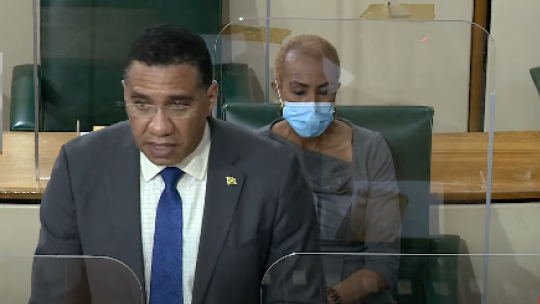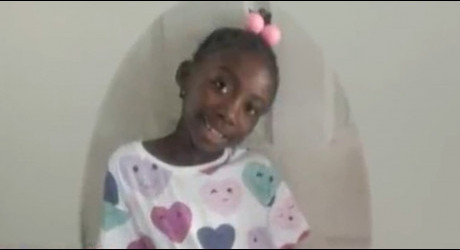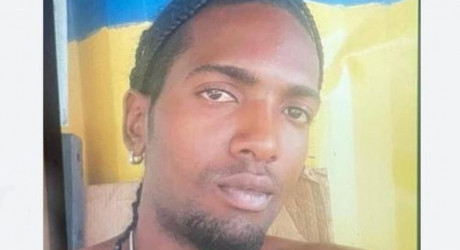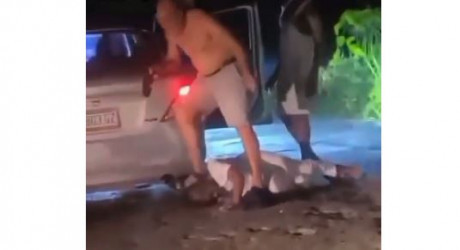.png)
00:00
00:00
00:00
Prime Minister Andrew Holness
Jamaicans will be allowed shorter curfew hours during the Christmas season.
Prime Minister Andrew Holness told the House of Representatives on Tuesday afternoon that the nightly curfews will begin at 10:00 p.m. as of Friday, December 10.
But people will get even more time for Christmas Eve as well as New Year's Eve activities, with the curfew for those nights starting after midnight at 1:00 a.m.
Jamaicans will also be able to spend an extra hour at beaches, rivers and other water attractions. Those attractions will now close at 5:00 p.m.
Mr. Holness told the House that the government does not intend to "deprive persons from enjoying the spirit of Christmas", however, the maintenance of those hours would depend on how well citizens observe the infection prevention measures.
He urged Jamaicans to "enjoy the season responsibly" since the coronavirus "threat is still very much real".
The new measures will expire on January 13.
The gathering limit of 10 people remains unchanged.
Work-from-home to end
The work-from-home order for public sector employees is to end on December 31.
Prime Minister Holness noted that there were concerns about "the loss of productivity" that the measure was having.
"We need to get back to normal, but of course, to do so safely. This is not to say that we are abandoning work from home totally; it will be an option but not a requirement. Individual ministries, departments and agencies should assess their own circumstances and determine what is best. The goal is to return to full productivity effective the first work day in January 2022," he announced.
Travel ban
Mr. Holness added that the travel ban on southern African countries could soon become pointless.
Jamaica recently imposed a ban on several of those countries after the Omicron variant of COVID-19 was identified in South Africa.
However, the Prime Minister said the ban was being reviewed, given that the variant has now been detected in almost 40 countries around the world and in 17 states in the United States.
"At some point, the virus will become the dominant strain and make the ban pointless," he reasoned.









 All feeds
All feeds







